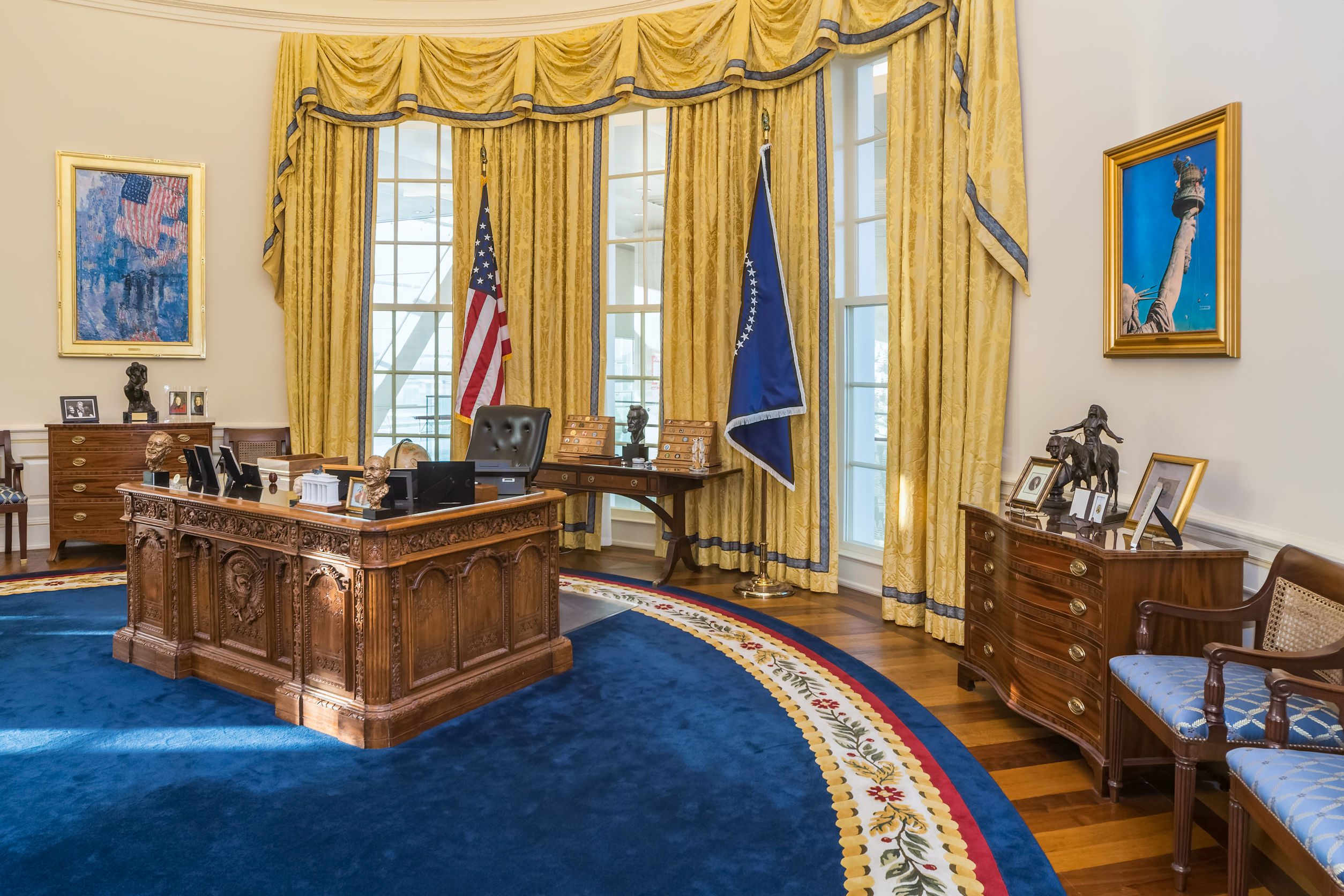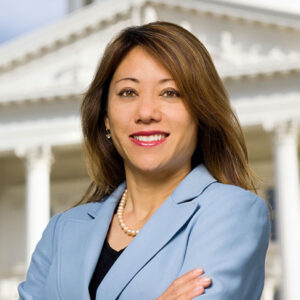5 PR takeaways from Inauguration Day
Here are the lessons that stood out from the many public speeches of the solemn occasion held every four years to mark the beginning of a new presidential term.

As people throughout the country and across the world tuned in to the 59th U.S. Presidential Inaugural Ceremony yesterday, it was a reminder to those of us working in public relations that when everyone is watching, it’s our responsibility to get the message right. Although our communication goals might be straightforward, an effective speech can be challenging to pull off, especially in a polarizing environment when every statement is likely to be scrutinized.
Here are a few takeaways from the speakers who stood behind the lectern and before the nation on the steps of the U.S. Capitol building this week.
1. Message to match the occasion.
A presidential inauguration is a time-honored ceremony promoting the best of America’s ideals while showcasing the peaceful transfer of power from one administration to the next. Upon being sworn in as the 46th president, Joe Biden delivered a speech suited for the event. Although he spoke in broad themes and addressed the challenges before the country, he did not outline a detailed policy agenda, nor did he spend his words on partisan takedowns. It might be tempting for those in PR to take advantage of the national attention and massive audience reach to pour out as much information as possible. But if the message doesn’t fit the event or meet the expectations of the audience, it will have less of an impact.
2. Message to match the moment.
The speakers addressed a nation torn by political divisions, weary from a year-long pandemic while still recovering from the violent attack on the Capitol. Senator Amy Klobuchar, who kicked off the ceremony, said “this is the day when our democracy picks itself up, brushes off the dust and does what America always does, goes forward as a nation under God, indivisible with liberty and justice for all.”
Each speaker offered visions of hope and optimism while acknowledging the current pain and turmoil permeating throughout the nation.
3. Have awareness of the power of words.
To stir the minds and hearts of the audience, speechwriters must exercise a combination of sound judgment and skill as a wordsmith. They need an accurate read on the collective emotional state of the public with an awareness of how the spoken word will resonate with individuals. They need to identify where they want to take the audience, then craft language in a way that evokes the proper amount of insight and emotion. This was demonstrated eloquently by 22-year-old poet laureate Amanda Gorman, who arguably had the best speech of the ceremony with the recitation of her poem, “The Hill We Climb.”
She incorporated all the literary devices (i.e., rhyme, repetition, alliteration) one would expect from a poet laureate. She walked us through the past, present and future with beautifully constructed lines referencing portions of scripture and even giving a subtle wink to the musical “Hamilton” (“History has its eyes on us”). By taking the gravity of the moment and pairing it with her talent as a writer, she drew the audience into her world and led us on that journey together up the hill.
4. Make it memorable.
Thankfully it is not a requirement that speakers and speechwriters be published poets, but there is value in constructing a speech so that key themes can be quoted, tweeted, shared and hopefully remembered. The overarching theme in Biden’s speech was the call for unity. He reinforced that idea with lines such as:
- “Disagreement must not lead to dis-union.”
- “Enough of us have come together to move all of us forward.”
Inaugural addresses from previous presidents tend be distilled into a few lines (“Ask not what your country can do for you…”, and “We have nothing to fear but fear itself.”). Short sentences help preserve long messages.
5. Mind the time. It’s also important to account for the time or word count. While it’s necessary to have a substantive and well-developed message, speechwriters need to guard against a delivery that’s too long. As the saying goes, “your brain can only contain what your bottom can endure.” Biden’s speech was 2,522 words which, according to a comparison conducted by NPR, was slightly longer than the average presidential inaugural address. Taking approximately 20 minutes, the time of the president’s speech seemed appropriate and acceptable. Had it gone much longer, Senator Bernie Sanders might have been screaming for another pair of gloves and more comfortable chair.
The inaugural speeches should remind all of us working in PR that words can have immense power when they are carefully chosen, properly constructed and passionately delivered.
Learn more about the craft of speechwriting and connect with these speechwriting leaders at our upcoming Speechwriters and Public Affairs Virtual Conference on March 4.
Joe McLeod is a public relations consultant with McLeod Communications. He is also co-host of the On Message podcast.
COMMENT
PR Daily News Feed
Tags: Biden, inauguration, speechwriting






